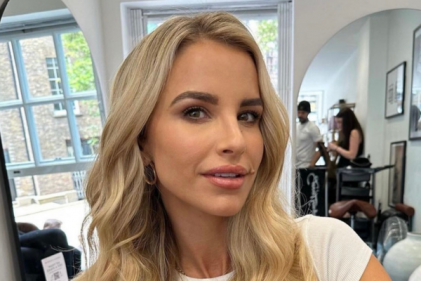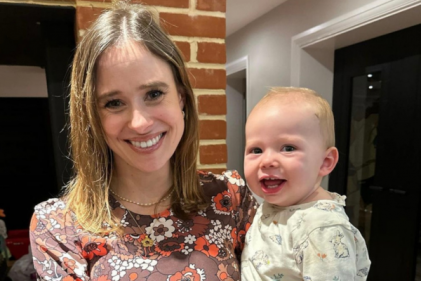It can be tempting to manage our children’s friendships, we do so believing we are acting in their best interests because we want them to have friends (and the “right” friends whatever that means to each of us) and to be “socialized”. We know that children take their lead in terms of behaviour and belief systems from their parents and as such our children can easily adopt our own prejudices. We need to be aware of it, as this can cause difficulties for children in terms of how they connect with and relate to others. This is backed up by recent research carried out by the Centre for Effective Education at Queen’s University Belfast, examining children’s socio-emotional development, cultural awareness and inclusive behaviour, which highlights how children begin to learn prejudice as young as 3 years of age.
Children play and socialize themselves and they do so naturally and without interference of parents. There is developmental importance in how children make friends as well and parents should not interfere this with. At a pre-school age children will be friends with everyone in their group in crèche/Montessori. Once they start primary school they begin to try out and explore a variety of friendship dynamics because they are exploring themselves and the world around them. They will often be “best friends” with a child for a period of time and then not want to play with that same child ever again. And from the age of approximately 7 years they have settled on whom it is they want to be friends with and while they may have some fall-outs these will generally be their friends for school.
Interfering with this process to suit your own parental (trying to have your children be friends with the children of your own friends) or social (wanting to secure your children a particular social setting through their friends) agenda denies them access to the natural developmental process.
Let your child take the lead and pick their own friends. It can be tempting to try to orchestrate it so that your children are friends with the children of your own friends; however, where this doesn’t work out you may have now put your own friendship at risk. Children know who they want to play with and who they like being around, so ask your child who they would like to invite over to play.
It is developmentally good for them to experience what it’s like to find and develop friendships with like minded children, which makes it easier to connect with and communicate naturally with peers as they get older and even into adulthood. This also helps them to develop instincts as to who is a good or perhaps inappropriate friend for themselves.
So when it comes to your children and their friends, my advice is stay out of it unless they ask you for help. If you are worried that something isn’t right or they are struggling with a friend or friendships in general, ask them about it and explore if there is something they would like you to do to help them work it out, because they may want your help or they may just want you to listen. You know your child best and let that guide you but trust them to work out some of these issues on their own. Be available but not intrusive and model good friend behaviour in your own friendships so they can take a positive lead from you.












